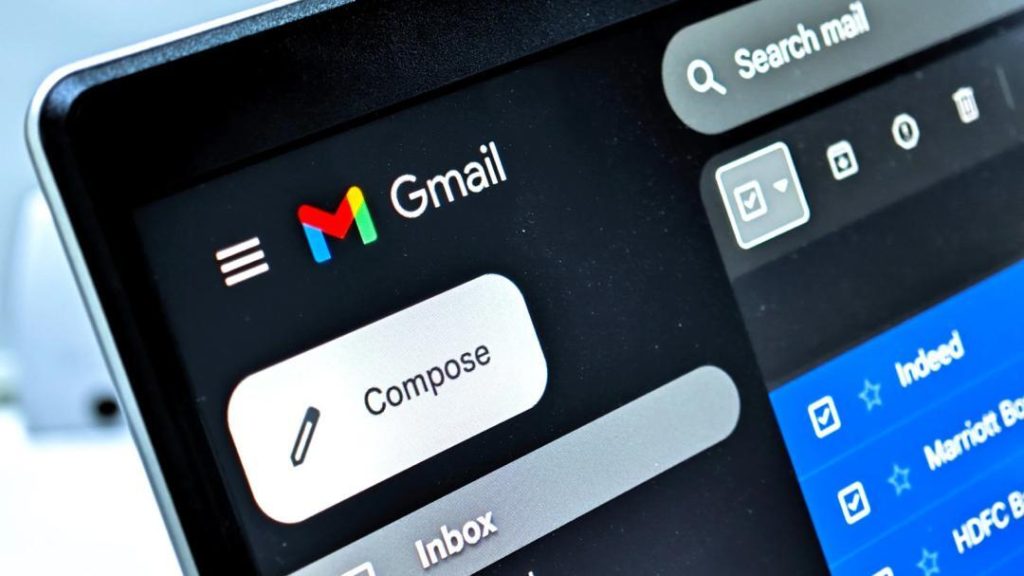
Delete Old Emails and Pics to Save Water: UK Govt to Citizens
As the world grapples with the increasing scarcity of water, the UK government has come up with an innovative solution to help save this precious resource. In a bid to address water shortages in England, the government has urged citizens to delete old emails and pictures from their devices to reduce the demand for water used in data centres. This may seem like an unusual request, but the reasoning behind it is quite logical.
According to reports, data centres require large volumes of water for cooling purposes. The process of cooling these massive servers and storage systems is crucial to prevent overheating and ensure their smooth functioning. However, this cooling process involves evaporation, which consumes a significant amount of water. A small data centre using older cooling systems can consume over 25 million litres of water annually. To put this into perspective, that’s enough water to supply a small town with its daily needs.
The UK government’s suggestion to delete old emails and pictures may seem like a small step, but it can have a significant impact when combined with other conservation efforts. By reducing the amount of data stored on devices, we can reduce the energy consumption of data centres, which in turn reduces the demand for water used in their cooling systems.
This is not the first time that the UK government has taken steps to address water shortages. In recent years, the country has experienced a series of droughts, and the government has implemented various measures to conserve water. From fixing leaks in water distribution networks to promoting water-saving technologies, the government has taken a multi-faceted approach to address the issue.
However, the current situation is more pressing than ever. England is facing its worst drought in 50 years, and the government has warned that the situation will only get worse if conservation efforts are not stepped up. As a result, the government has launched a new campaign to encourage citizens to take small but significant steps to conserve water.
The campaign, which is being led by the Department for Environment, Food and Rural Affairs (Defra), is urging citizens to adopt simple habits such as taking shorter showers, fixing leaks, and using water-efficient appliances. The government is also providing financial incentives to households that install water-saving devices, such as low-flow showerheads and toilets.
While deleting old emails and pictures may seem like a minor task, it is an important step in the right direction. By reducing the amount of data stored on devices, we can reduce the energy consumption of data centres, which in turn reduces the demand for water used in their cooling systems. This is a simple but effective way for individuals to make a positive impact on the environment.
So, what can you do to help save water? Here are a few simple steps you can take:
- Delete old emails and pictures: This may seem like a small task, but it can make a big difference. Delete any emails or pictures that you no longer need or use.
- Use water-efficient appliances: Make sure that your appliances, such as your dishwasher and washing machine, are water-efficient. Look for appliances that have the WaterSense label, which indicates that they meet strict water-efficiency standards.
- Fix leaks: Fixing leaks is an important step in conserving water. Check your pipes and fixtures regularly for any signs of leaks, and fix them as soon as possible.
- Use water-saving devices: Consider installing water-saving devices, such as low-flow showerheads and toilets, in your home.
- Take shorter showers: Taking shorter showers can help reduce your water usage. Try to keep your showers to 5 minutes or less.
By taking these simple steps, you can make a positive impact on the environment and help conserve water. Remember, every small step counts, and collective action can lead to significant positive change.






